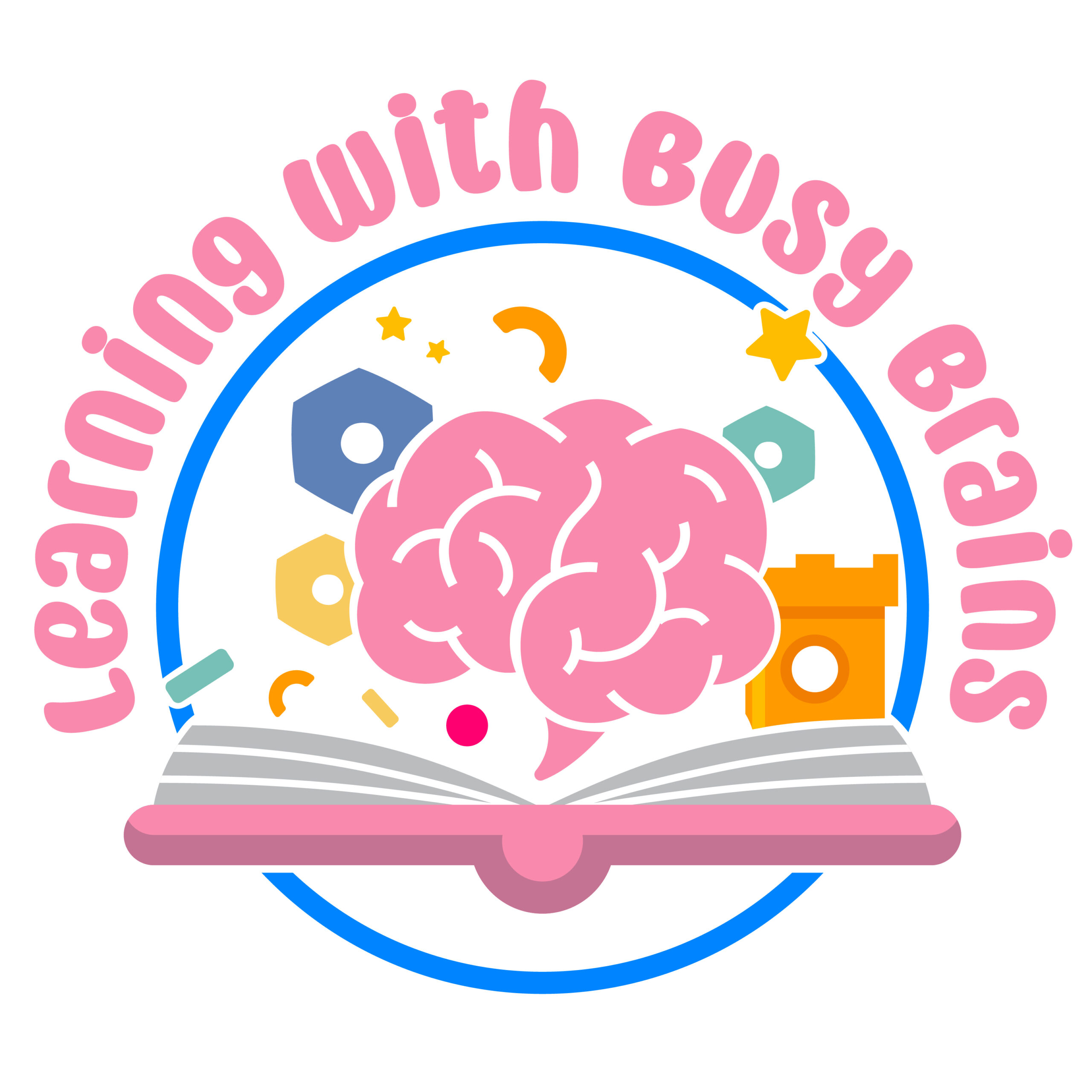Note: This reflection is a testament to our shared commitment pertaining homeschooling. May Allah bless our efforts as we guide our little ones toward a path illuminated by His grace.
Foundation of Faith
I am inspired to embrace one of the paragons of the Quran, Surah Ibrahim verses 24-27 likening the example of a good word to that of a flourishing tree, as the cornerstone of my homeschooling philosophy. These verses speak of laying foundations, not merely of bricks and mortar, but of unwavering faith. Like a sturdy structure, we build upon these verses, nurturing resilience and steadfastness. Our children learn that their roots reach deep into the soil of Allah’s teachings.
The Parable of the Good Tree
Have you not considered how Allah presents an example, [making] a good word like a good tree, whose root is firmly fixed and its branches [high] in the sky? It produces its fruit all the time, by permission of its Lord. And Allah presents examples for the people that perhaps they will be reminded. And the example of a bad word is like a bad tree, uprooted from the surface of the earth, not having any stability. Allah keeps firm those who believe, with the firm word, in worldly life and in the Hereafter. And Allah sends astray the wrongdoers. And Allah does what He wills. Source: thenoblequran.com
This verse is a beautiful illustration of the concept of Tawheed, and how it relates to our lives as homeschoolers and believers. Based on these, I want to share with you how homeschooling is a great way to teach our children Tawheed and make them grow like good trees that are firmly rooted in their faith and produce good fruits in every season. This is the main message of my content, and I hope you will find it beneficial and inspiring.
Nurturing Growth
Picture this: a tiny seed, nestled in the earth. It’s like a promise waiting to unfold. As it drinks in sunlight and nutrients, its roots dig deep, anchoring it firmly. That seed? It’s akin to our children—full of potential, ready to sprout.
Our homeschooling vision? Well, it’s like tending to that little seed. We’re the gardeners, nurturing minds and hearts. We provide the fertile soil of knowledge, where curiosity takes root. We water with patience, allowing faith to intertwine with understanding.
Our children? They’re like saplings, tender and full of promise. Just as a tree thrives with the right care, environment, and nourishment, we believe our little ones can grow strong roots—faith, character, and knowledge—guided by Allah.
Benefits of Homeschooling
Homeschooling has many benefits for our children’s education and well-being, as it allows us to tailor the curriculum to their needs, interests, and abilities. For example, we can choose the subjects, materials, and methods that suit our children’s learning styles and goals. We can adjust the pace, level, and depth of the lessons according to our children’s progress and challenges. We can incorporate Islamic values, morals, and manners into every subject and activity. We can foster our children’s creativity, curiosity, and critical thinking skills by encouraging them to explore, experiment, and discover. By homeschooling our children, we can provide them with a personalized and holistic education that nurtures their minds, hearts, and souls. However, homeschooling is not only about academic excellence, but also about spiritual growth and guidance.
Integration of Tawheed
Yet, the roots of this educational philosophy are grounded in Tawheed, the bedrock of our faith. It’s not merely a concept to be learned; it’s a way of life to be lived. Tawheed illuminates the path to knowing Allah, understanding our purpose, and living a life of obedience and gratitude. It teaches our children to forge a connection with Allah that is deep and personal—to worship Him with conviction and to seek His guidance in every step.
Allah compares the good word, which is the testimony of faith, لا إله إلا الله Laa Ilaaha Illa Allah (There is no god but Allah), to a good tree, which is the believer who has this word firmly rooted in his heart, and whose branches of good deeds and virtues reach the sky. The good tree produces its fruit in every season, by the permission of its Lord, meaning that the believer is always rewarded for his faith and actions, in this life and the next. The good tree is stable and beneficial, unlike the bad tree, which is uprooted and useless, meaning that the believer is steadfast and prosperous, unlike the disbeliever, who is astray and miserable.
Homeschooling Environment
In navigating the vast ocean of information, our homeschooling approach is like a compass guided by the principles of Islam. It’s not just about imparting knowledge; it’s about instilling wisdom. We encourage our children to critically engage with the world, filtering their learning through the lens of Islamic values. This holistic approach ensures that every subject, from science to literature, is enriched with faith and understanding.
Our homeschooling environment is a canvas where the colors of faith are blended into every aspect of learning. Islam is woven into the very essence of our daily life, making every lesson a moment of remembrance and every activity a reflection of faith. This integration teaches our children that faith is not just a part of life; it is the essence of life itself.
Cultivating Hearts
As we cultivate the minds of our children, we also tend to their hearts and our hearts, nurturing them and us with the softness of prayer and the strength of gratitude. Our goal transcends academic achievement; it’s about kindling hearts with love for Allah and His creation.
Below is the short summary of the passage from ‘Paragons of the Qur’an’ by Ibn Qayyim al Jawziyyah, covering pages 76-80. I highly recommend reading the book for a more comprehensive understanding.
The Example of the Palm Tree and the Believer (Paragons of the Quran, Pages 76 – 77)
The good tree mentioned in Surah Ibrahim is likened to the palm tree and the believer. This analogy, supported by hadiths and interpretations by early scholars, illustrates the believer’s steadfastness and the ascent of their good deeds to heaven. The palm tree’s firm roots and lofty branches symbolize the believer’s sincere devotion to Allah and the lasting impact of their actions on earth. This comparison underscores the nobility of the believer, akin to the honored status of the palm tree in both this world and paradise.

This encapsulates the essence of the detailed explanations provided by the righteous predecessors and the hadiths, emphasizing the believer’s virtues and their resemblance to the palm tree’s qualities.
The Good Plant (Paragons of the Quran, Pages 79-80)
The passage draws an analogy between the care required for a plant to thrive and the spiritual nourishment needed by believers through acts of worship. Just as plants need water to grow and must be protected from harmful elements, believers need to consistently engage in worship to nurture the ‘plants of Tawhid’ within their hearts. Neglect leads to spiritual impairment, much like crops overrun by weeds. The text emphasizes the importance of knowledge and understanding in realizing the full potential of worship, suggesting that the Companions of the Prophet had a profound grasp of these concepts, far surpassing later generations. It concludes by acknowledging that only a fraction of Allah’s wisdom is comprehensible to us, and it is through purity of heart and sincerity in deeds that one can hope to attain deeper insights.
Conclusion and Blessings
Our homeschooling journey is indeed a beautiful tapestry, each thread representing faith, resilience, and love. It’s a journey that aims to shape our children into luminaries of guidance, reflecting the eternal values of Islam.
I pray that Allah blesses you and your children, and makes you among the people of Tawheed and the good trees. I pray that He grants you success and happiness in this life and the next, and that He protects you from His anger and hellfire. Aameen.



Trackbacks/Pingbacks